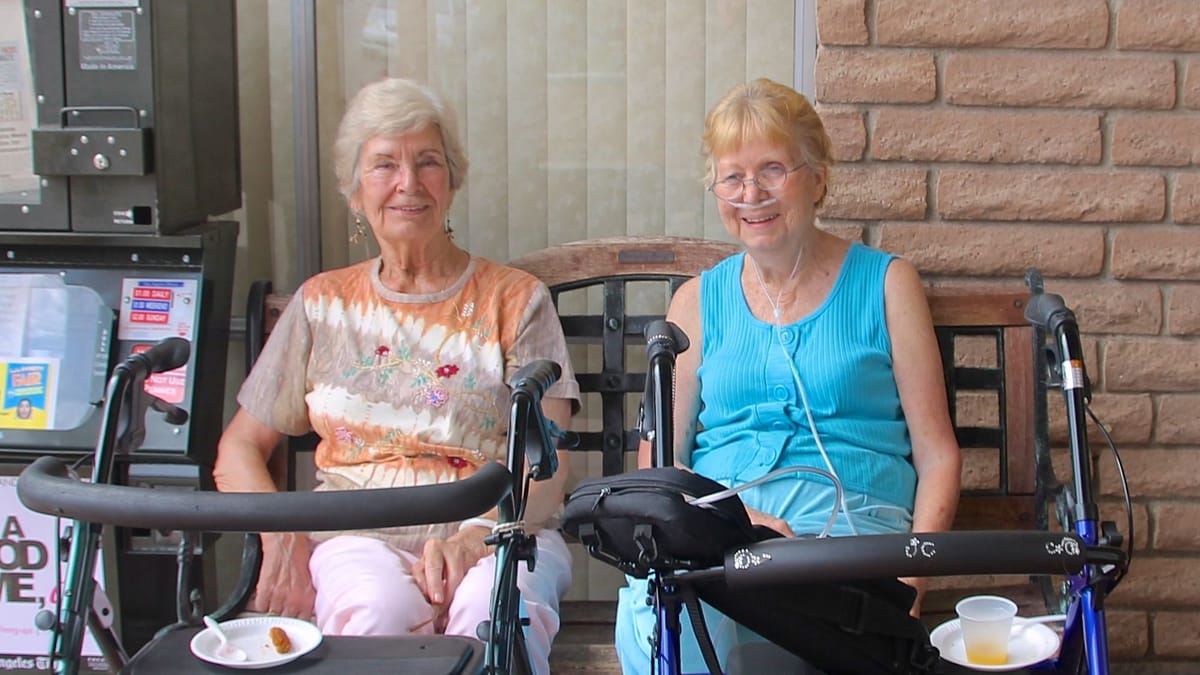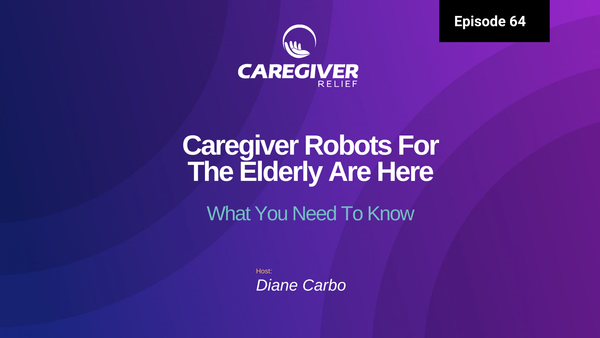New to Caregiving-Get Some Practical Help
Learn about types of home health care for older adults, community resources, and financial assistance options. Navigate insurance coverage and understand the importance of respite care for caregivers.

It is important to realize early on as a caregiver that you are not a superhuman. Caring for another person’s needs physically, mentally and emotionally can, and is exhausting. No ONE person can do it alone. Every caregiver needs assistance and support.
Before you go any further, here is a list of Questions That Every Caregiver Ask Before The Start of Their Caregiving Journey
Getting practical help could be:
- Someone to come in to assist with the basic tasks you have to do such as bathing, dressing, personal care, housekeeping
- Getting equipment or making adaptations to the home environment to encourage independence and enable a person to do as much for themselves as possible
- Allowing you a few hours break to give you time to yourself
- Respite care – to allow you a substantial break of a week or more where you have some one come into the home while you are gone or the person you are caring for goes into assisted living or residential care.
The surprising thing that most caregivers find out is you cannot count on coverage or help for anything from Medicare or Medicaid. Caring for a person with dementia can be financially devastating. There is little to no medical insurance coverage for the care that is required.
There are two kinds of home health care.
The first is considered skilled and is for the health and medical issues that an aging adult may have. They may require physical therapy, a professional nurse to administer medications, or you may have a condition where a nurse may need to come in several times a week and monitor your condition. This care generally requires a doctor’s order. Medicare, Medicaid and private insurances will monitor these services and pay accordingly.
More on New to Caregiving
In home health care is typically provided by a home health aide or a certified nursing assistant. They perform such tasks as bathing, dressing, and assisting to the bathroom. In some states, these aides may remind an older adult to take their prescribed medications. They are not permitted to give them or dispense the medications to the aging adult. You will have to check your state laws to know what is permitted in your state.
As you see, home care services for the older adult covers a wide range of health and social services for individuals recovering from surgery or an injury, those with disabilities and chronic conditions, or people with terminal illnesses. Services can range considerably and can be tailored to meet your needs. Keep in mind that Medicare does not cover 24-hour home care, personal care, homemaker or any services not “medically-necessary” but considered to be custodial care.
If you are considering achieving home health care as you age, use this guide to help you decide which option is best for you.
Become aware of community resources:
Adult day care
Respite Care
Hospice Care
Palliative Care
Where do you start?
Ask your primary care physician for a home care referral for a home safety evaluation.
Home healthcare agencies will come out to makes sure that a patient’s home is a safe environment for the best care possible.
Occupational or Physical therapists can help by:
• Evaluating bathroom safety
• Evaluating kitchen safety
• Transferring on and off multiple surfaces
• Assisting with functional ambulation in the home
• Recommending home modification
Benefits of the program include:
• Decreased fall risk
• Light rooms and modify to increase safety
• Increased patient and caregiver knowledge regarding possible fall risk
Questions To Ask About Fall Prevention
Utilize older adult resources.
Your local Area Agency on Aging, Eldercare resources, or senior centers are good places to start. For home health care you should check with your doctor or other healthcare professional to get the referral process started, and find out exactly what is covered by insurance.
Respite care
If you don’t have the money to pay for respite care at a facility, or have coverage for it through a long term care policy, it is possible to apply for a grant. The Alzheimer’s Foundation of America, a part of the Alzheimer’s Association, makes a limited number of Family Respite Care Grants available to families that are care for family members with Alzheimer’s disease or a related type of dementia.
There are applications accepted here Check for details. There are applications taken in the spring and fall. Please realize that not everyone who applies will get the grant, but it is certainly worth a try.
Always look into other avenues for funding respite care.
Consider using networks of support: church or religious groups, Faith in Action programs, volunteer organizations or family and friends programs near you can be found by accessing the Faith in Action website, www.fiavolunteers.org and clicking on “Find a Program.” Caregiving programs that are part of the Faith in Action network must train their volunteers and many perform background checks before allowing volunteers to participate.
Lotsa Helping Hands, is a volunteer coordination service for friends, family, colleagues, and neighbors to assist loved ones in need. It’s an easy-to-use, private group calendar, specifically designed for organizing helpers, allowing everyone to pitch in with meals, transportation, and other tasks necessary for life to run smoothly.
Local places of worship and town social workers are other good sources of information about local volunteer programs, as are service organizations such as Kiwanis, Rotary and Lions.
Get creative-
If family members do not want to help out with your aging family member, get them to agree to physically or financially help out with respite care. Get it in writing as a signed contract. Many family members change their minds when the time comes.
Consider investigating a family caregiver contract.
Start a respite care fund.
If you normally get holiday gifts from others, ask for money towards your fund. Plan for a rest, well in advance. Always have a back up plan. Set a time on your calendar and then do it. You deserve it. It will make you a better caregiver.




